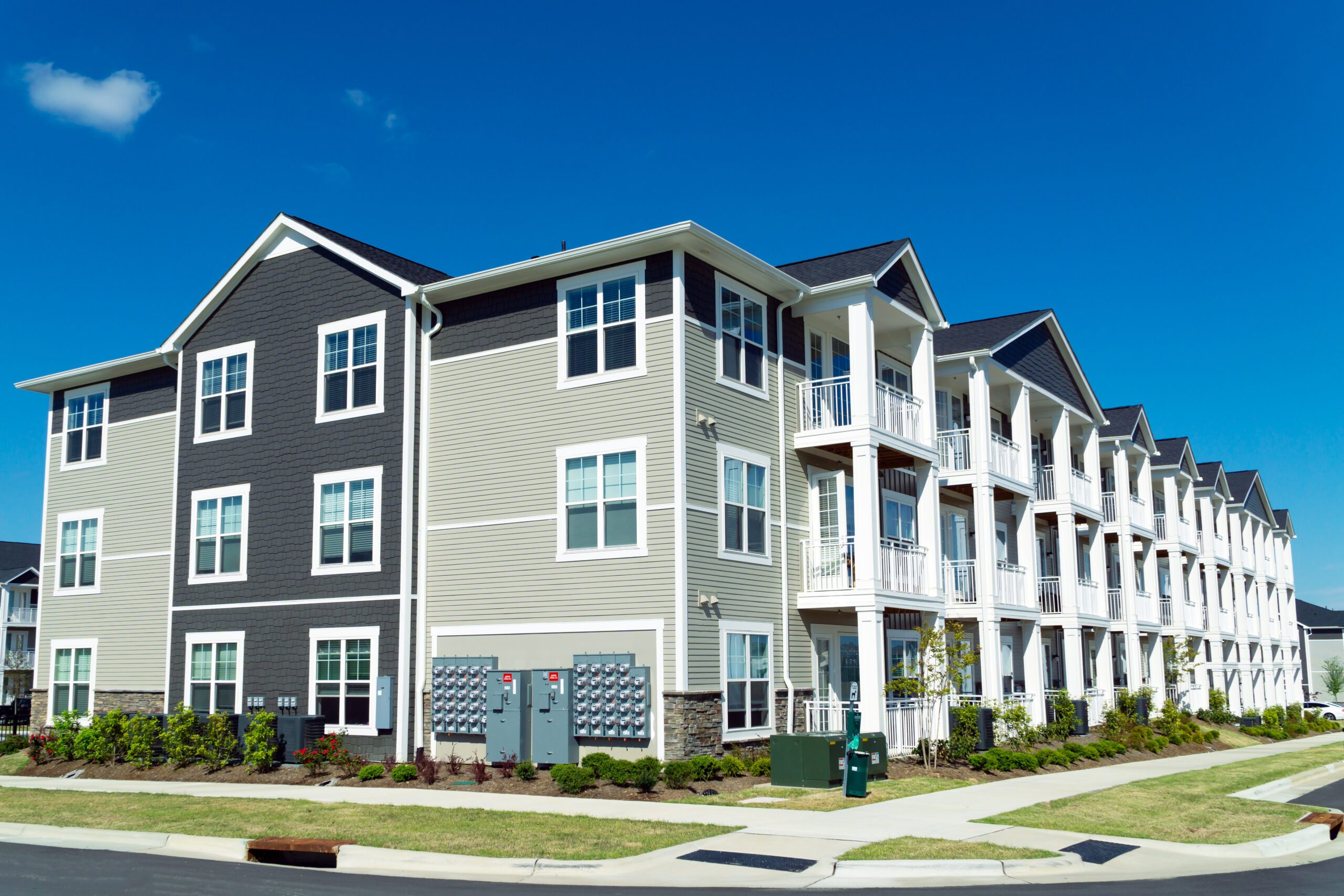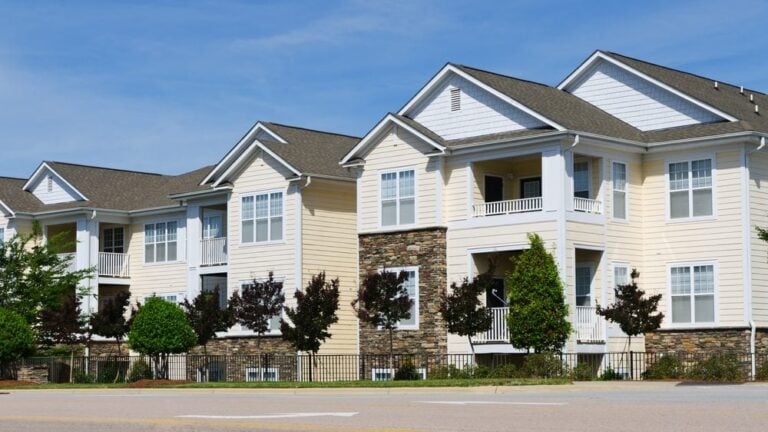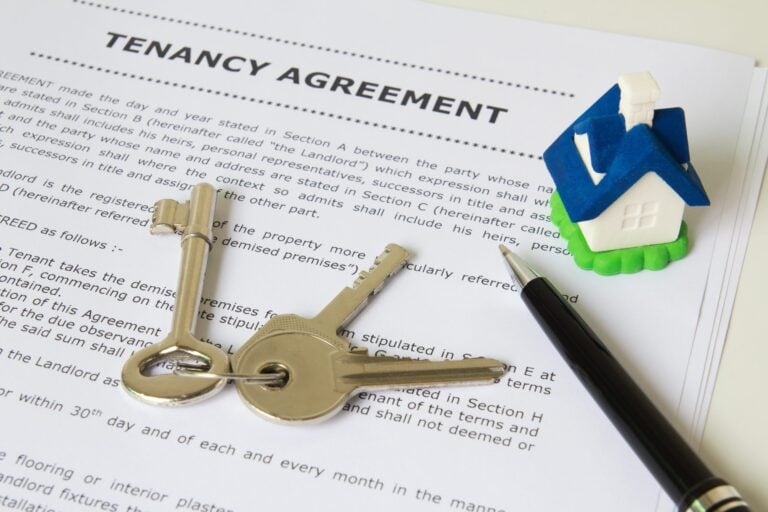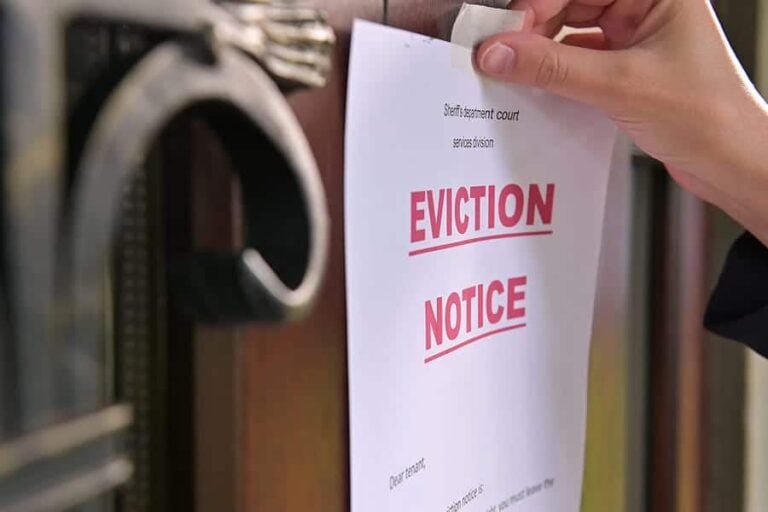Recent statistics show that there is a massive gap between those in need of affordable housing and those willing to provide it. Right now, the National Low Income Housing Coalition estimates that there’s a shortage of about 7.3 million rental homes across America.
If you’re currently seeking out some form of affordable housing, you’ll want to learn more about your options. Income restricted housing is one type of apartment that might work for your budget, even if you’re currently struggling with other debt. You’ll have to meet certain qualifications first, though, and you’ll need to verify that the living arrangement would work for you and your family. Learn more about your options below.
What is Income Restricted Housing?
Income restricted apartments are types of housing communities regulated by federal, state, and local guidelines that provide affordable places for low- and middle-income families.
When you’re struggling due to a lack of income, finding an affordable place to rent can feel insurmountable. Your situation will only become more complex if you also have old apartment debt, a poor credit score, or live in an area where housing is less available.
Unfortunately, the economic conditions over the past several years have also led to an increase in challenges because the cost of rent has skyrocketed, available places to rent have decreased dramatically, and the demand for affordable housing has gone up.
Income restricted apartments are unique in that they’re only available for individuals in a specific income range. Most of these housing units are owned by the city, the government, or private owners who are working with the government. This government program was initially created in response to the housing crisis after the Great Depression.
Income based housing is another type of subsidized housing option, but it works a bit differently. This type of arrangement ensures that the tenant’s rent doesn’t exceed 30% of the tenant’s gross income, whereas income restricted units ensure that the rent doesn’t exceed a percentage of the median income for that area.
Benefits of Income-Restricted Apartments
As you can imagine, there are a lot of benefits associated with income restricted housing. The most obvious advantage of this type of arrangement is that it is more fitting for the tenant’s financial situation. Often, subsidized housing is far more affordable than anything else on the market, so getting approved for one of these housing units can take off a lot of financial pressure for the tenant.
Another advantage of this type of arrangement is that the housing units available are often more similar to market value units. Just because you’re paying less for the unit doesn’t mean that it will be run-down, lack amenities, or be otherwise considered “less” valuable than another unit. Sometimes, rental companies will offer income restricted apartments and market value ones side by side. With that in mind, you may not have to sacrifice a quality living arrangement simply because you’re looking for a subsidized arrangement.
Qualifying for Income-Restricted Apartments
Clearly, subsidized housing is a very attractive option for individuals with a low- or mid-level income. Not everyone can qualify for income restricted housing, though. Income restricted apartments qualifications are based specifically on the median income level in the area where the subsidized apartment is located. In general, only individuals with incomes below the median level for that area can qualify.
First, the Housing and Urban Development Department calculates the median income for every metro area in the country every year. Once these statistics are published, it will determine who qualifies for subsidized units.
Families who have an annual household income that’s 50% below the median income level are considered to have a “very low” income, whereas families with incomes that are 30% of the median level are considered to have an “extremely low income”.
When it comes to income restricted apartments, those with extremely low income are given preference when applying. If you have a “very low” income, however, you can still qualify. If your income exceeds those levels, then it might be best to look into your other options.
Limitations of Income-Restricted Apartments
There are downsides to this type of housing arrangement. For one, your preferences for a living arrangement might not be considered. You may get offered a unit that doesn’t quite fit your needs, and it might be the only option you have. Another common problem is that sometimes, income-restricted housing can create their own little mini-communities. For some, this is rewarding, but for others, it can lead to discrimination, social isolation, and distress. While falling victim to crime is an issue everywhere you go, sometimes crime rates are higher in areas where income restricted apartments are located.
Living in an Income-Restricted Apartment
Living in a subsidized housing unit might be a great option for you if you have a limited income, but first you’ll want to know how to apply for income restricted apartments. To apply, you’ll need to visit the HUD website to learn more about the income based apartments guidelines in your area. If you find that you meet the requirements, then your next step is to contact the local public housing authority to determine how much your rent would be if you get approved.
If things look good, then it’s time to fill out your application. Make sure to provide the required documentation that will prove your income.
Once you’ve gone through these steps, you’ll likely get added to a waitlist. Unfortunately, some families wind up sitting on this waiting list for far too long, and some never receive a housing option.
What to Do If Your Apartment Debt is Building Up
Have you started to fall behind on your rent payments? Do you still have old apartment debt from your prior living arrangement? Either way, it’s necessary for you to deal with these old debts. Learn about a few of your options below.
Debt Settlement
If you owe a large chunk of money towards apartment debt, then you always have the option of settling your debt with your landlord. Consider writing a settlement letter proposing a new payment plan and sending it to your landlord. In the best cases, your landlord will agree to the new terms and your debt will no longer be considered delinquent. At worst, your landlord will refuse the offer, and you’ll need to come up with another plan.
Debt Consolidation
If you owe apartment debt along with other types of debts, too, then debt consolidation can help you combine all your past debts into one manageable payment plan.
Do You Need More Help Dealing with Debt?
Knowing more about your options helps you make better, more informed decisions. Now that you have a better idea of what income restricted housing is and different options for dealing with your debts, you need to consider your personal circumstances. If you need further guidance, then it might be in your best interests to consult with an expert who can help.
Here at United Debt Settlement, our agents have extensive experience helping countless clients resolve their debt issues and get on a more solid path going forward. If you’re interested in learning more about your options, then we can help. Contact us today to discuss your financial situation in more detail with one of our best agents.

Gabriel Gorelik paves the way for customer service and operations at United Settlement. He is passionate about numbers and holds a strong belief in helping anyone with their debt. Before United Settlement, Gabriel received his BS in Finance & Economics from Brooklyn College. After graduation, Gabriel went on to build his first financial services company where he managed thousands of accounts for business and consumer clients. He understands the importance of client satisfaction, professionalism, and exceeding expectations.








